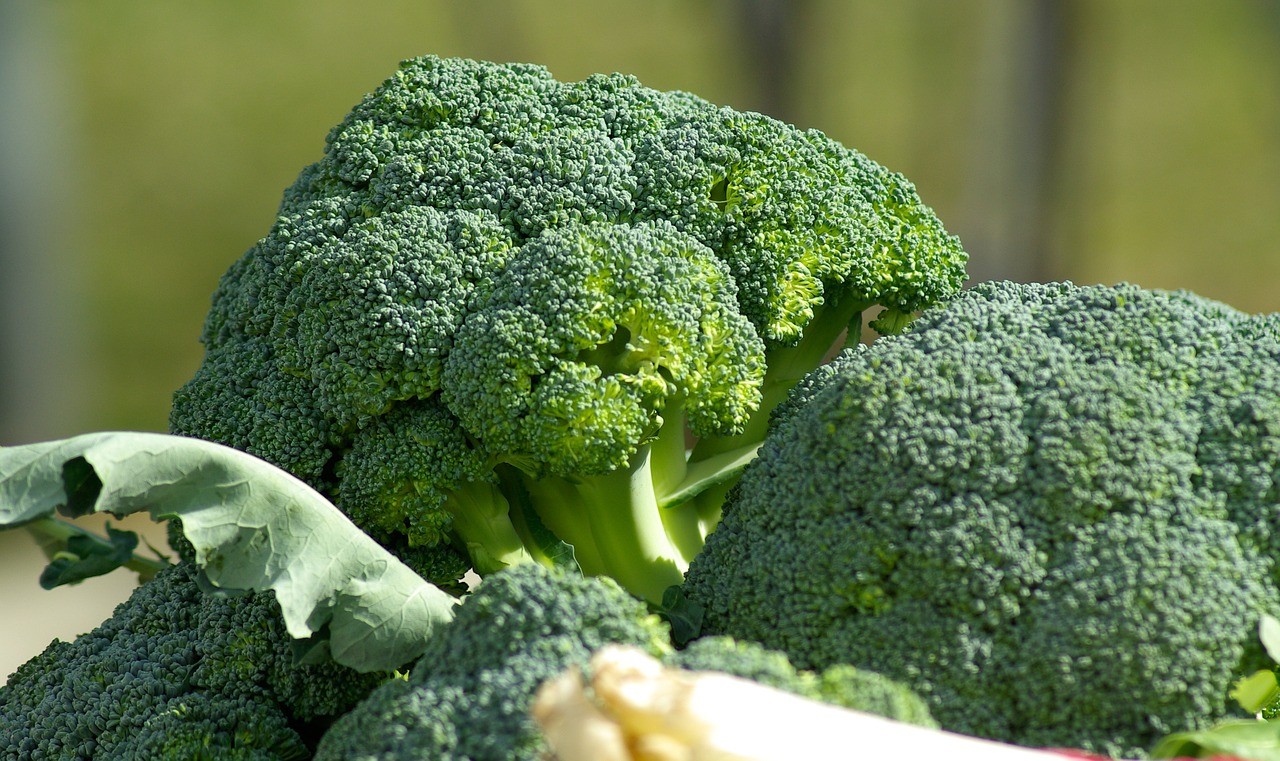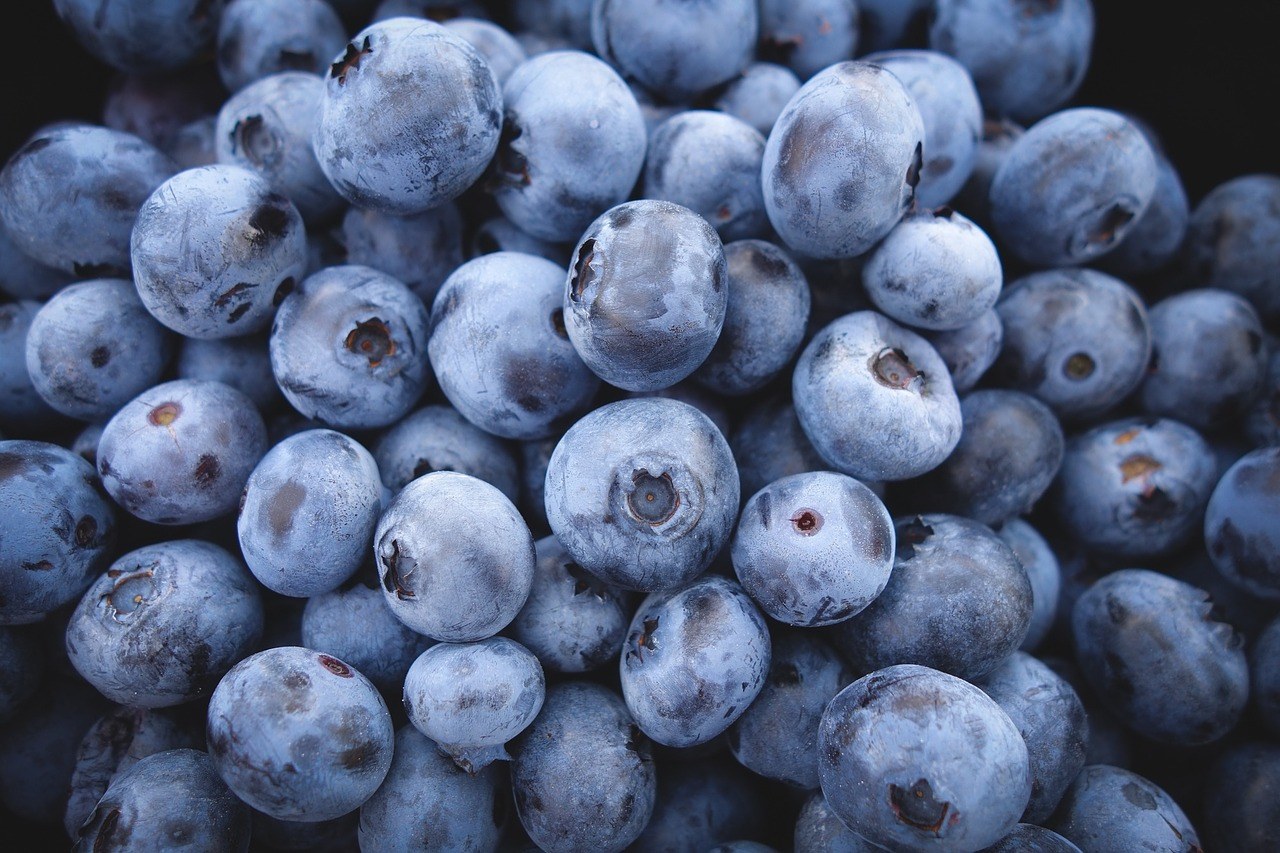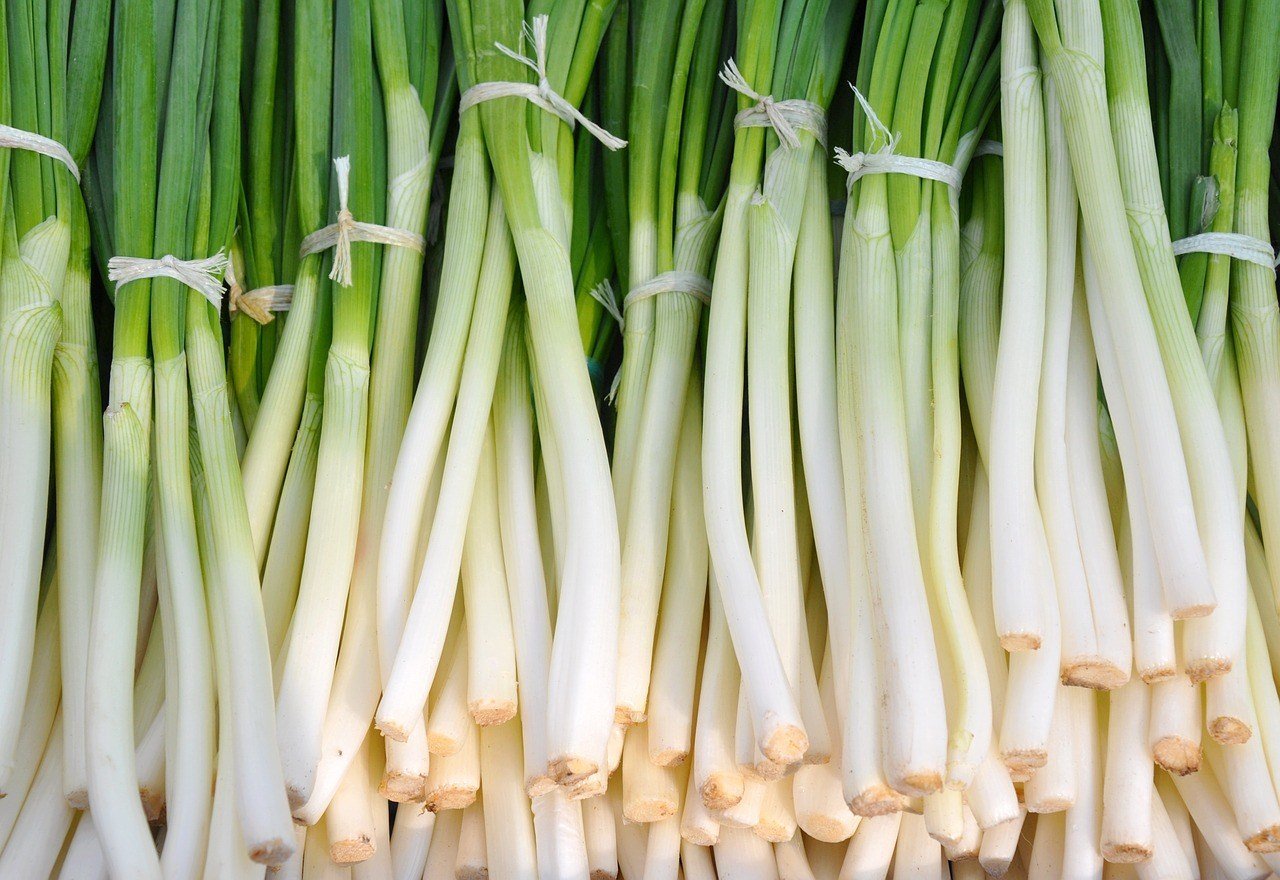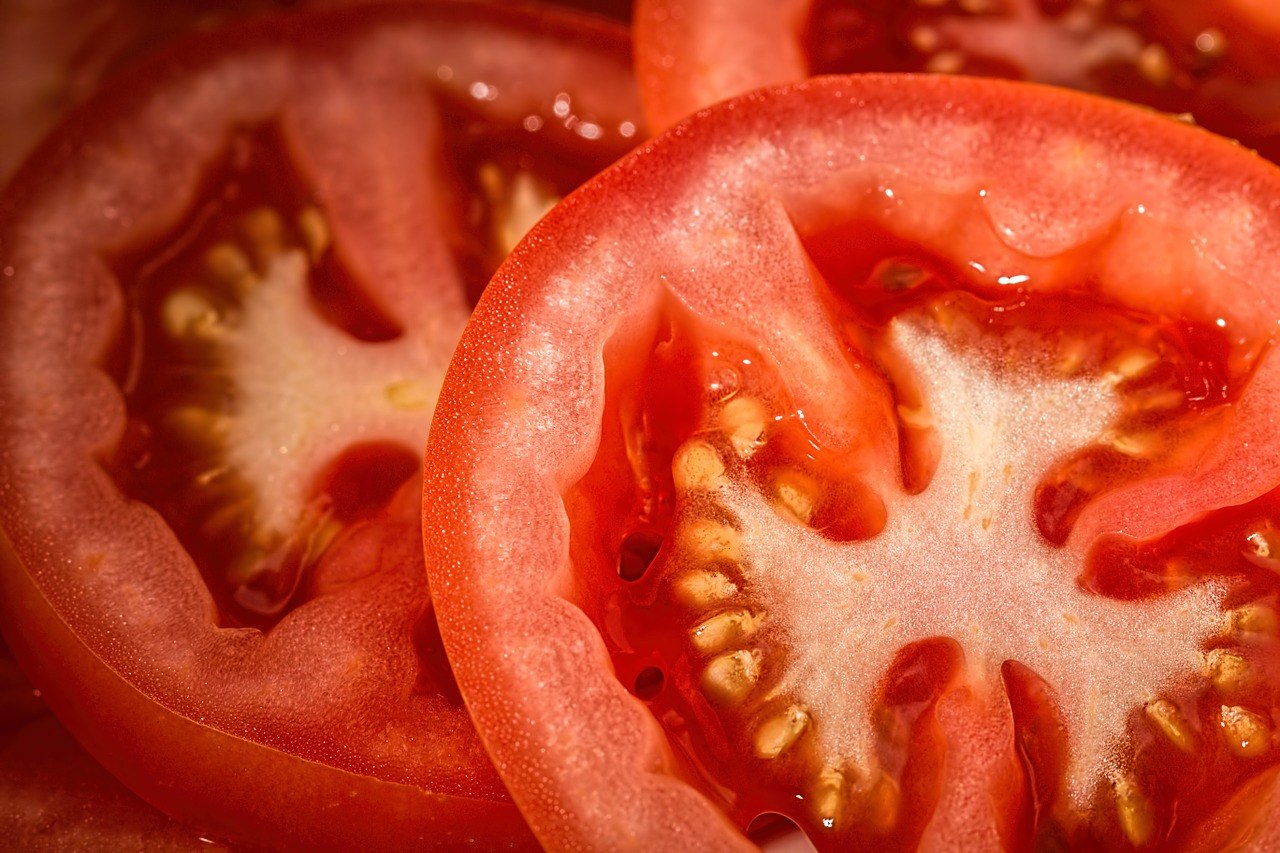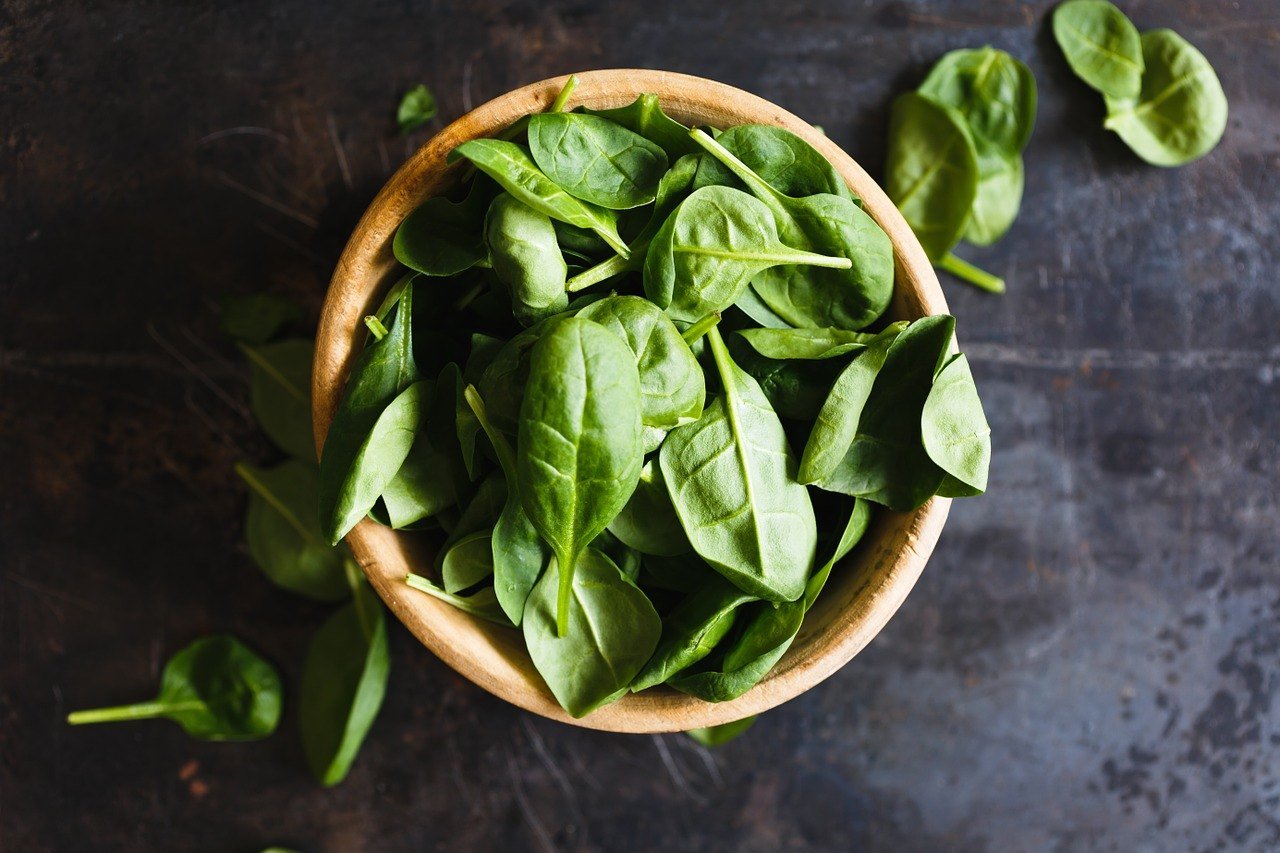For people who are interested in promoting their health, cancer can be a big worry. It is a leading cause of death in countries all over the world and the emotional, physical, and economic cost is high. And despite many important advances in recent decades, most cancer treatment still centers around some combination of surgery, radiation, or chemotherapy — and all of these treatments can carry risks.
However, the good news is that there are simple lifestyle choices that everyone can make that can reduce the cancer risk. One of these choices is a diet that contains the following anti-cancer foods.
Cruciferous Vegetables
Cruciferous vegetables are a family of nutritional powerhouses and include such foods as broccoli, cauliflower, and kale. These are one of the best groups of cancer-fighting foods to eat if you are interested in following an anti-cancer diet.
Why? They have sulfur-containing compounds called sulforaphanes that, in multiple laboratory studies, have been found to boost the body’s ability to fight off cancer as well as removing cancer-causing substances and specifically targeting cancer cells. Crucifers have been studied for several different types of cancer, including cancers of the liver, skin, stomach, and bladder.
Berries
Berries are another group of foods with proven anti-cancer properties and are frankly one of the most delicious ways to enjoy an anti-cancer diet. Members of this illustrious group — including strawberries, cherries, blueberries, and acai berries — are some of the richest sources of antioxidant compounds like anthocyanins.
Anthocyanins are the chemicals that give berries their color, but they are also well-known for their ability to fight cancer by reducing blood flow to malignant tumors and encouraging cancer cell death. They have been tested and found effective against cancers of the esophagus, colon, and skin.
Alliums
The allium family includes foods like onions, garlic, chives, and leeks and not only do they add great flavor to foods from all over the world, they also contain a compound called allicin, which also has strong anti-oxidant properties and in various clinical studies, allicin has been shown to fight cancer by preventing carcinogenic substances from harming the body and by preventing cancer cells from multiplying. Members of the allium family have been studied for their beneficial effects on cancers of the esophagus, stomach, and colon.
Tomatoes
Tomatoes were brought to Europe from North America during colonization and are now found in a variety of New World and Old World cuisines. They are not only easy to add to a variety of dishes, but because of their high levels of an antioxidant compound called lycopene, they are also an important part of an anti-cancer diet. Lycopene is able to reduce oxidative stress in the cells throughout the body and prevent the cellular changes that can lead to cancer. It has shown to be beneficial with both prostate and endometrial cancer.
Leafy Green Vegetables
Be like Popeye and love your spinach — as well as kale, Swiss chard, and other leafy green vegetables. These leafy greens are incredibly versatile, working well in salads, soups, pasta dishes and casseroles, they also will provide you with anti-cancer benefits. This is because of their unique blend of antioxidant compounds like lutein, vitamins like folate and plenty of dietary fiber. Studies have shown that diets that are rich in lycopene are related to a reduced risk of mouth and throat cancers.
Obviously, there is no silver bullet when it comes to cancer. But studies on the cancer-fighting foods listed above are part of an increasing body of evidence that the foods you choose to eat can help to lower your risks of developing this serious disease. Their combinations of fiber, vitamins and minerals and antioxidant compounds appears to have real benefits that can be harnessed easily every time you walk into the produce aisle.

